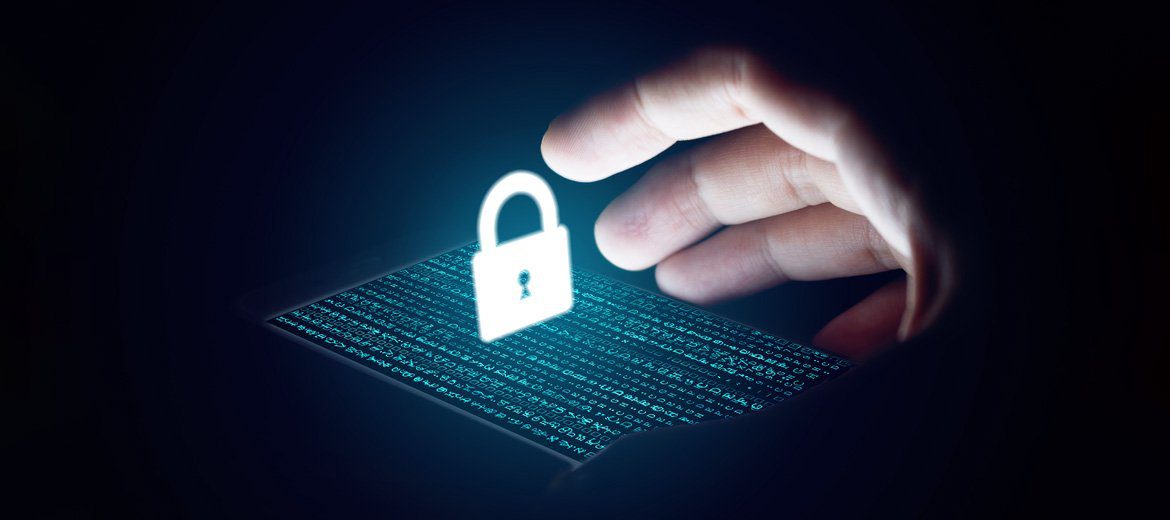Blogs
Home / Blog


In an age where cybercrime has become one of the biggest threats for businesses around the world, you cannot afford to stay on the backfoot. Unfortunately, many businesses and their leaders still believe in cybersecurity myths and have misconceptions about cybersecurity, which prevents them from implementing an effective cybersecurity strategy.
What this approach does is that it puts their business at risk as hackers are quick to exploit any vulnerability in your systems. To ensure you don’t end up on the wrong side of it all, HostNOC has compiled a list of most common cybersecurity misconceptions that business owners have and how you can overcome them.
In this article, you will learn about seven common cybersecurity misconceptions that you should stop believing.
You might have heard many cybersecurity experts emphasize on using stronger passwords. They might tell you to change your passwords frequently and keep different passwords for each account. Choose a password that consists of alphanumeric and special characters and avoids dictionary words. They will tell you to follow password best practices that will make your network safe and secure. Unfortunately, the answer is no. Only through the implementation of multi-factor authentication and biometric authentication systems in your organization will make it tough for hackers to get access to your systems.
Most small business owners think that the magnitude of their business can save them from cyber attacks. Small businesses are not on the radar of hackers, which is not true. In fact, 43% of cyber attacks target small businesses as shown by statistics. Even worse, 60% of small businesses that come under a cyber attack go out of business within six months. That is why small businesses need to take cybersecurity seriously and beef up their cybersecurity to protect their business from such attacks. Start by creating a security policy for your business and increase awareness by educating and training your employees regarding cybersecurity.
Another common misconception which is prevalent in organizations is that the IT department is responsible for everything related to cybersecurity. This mindset makes your employees complacent as they don’t follow the best cybersecurity practices. This makes them more vulnerable and they end up becoming a soft target for hackers.
Hackers use them as a ladder to get access to your best dedicated servers, network and database. Once they get access to your critical IT infrastructure, they can fulfill their malicious designs. Employees need to help the IT department by identifying any suspicious activity and report it immediately to the IT department so they can react quickly and minimize the damage.
Yes, you might have invested a lot of money on acquiring the best cybersecurity tools for your organization, but that does not mean that you can now relax. There are certain types of attacks that even fox the best cybersecurity tools. Zero-day attacks are the prime example in this regard.
Use all the cybersecurity tools in conjunction and educate your employees about their role in keeping your organization safe. Having the best cybersecurity tools is pointless if you don’t know how to use them or make the most of what these tools have to offer.
This concept came from movies where you always see hackers working solo from their garage or basement. In real life, things are quite different. Hackers work in groups and organized teams and have enough resources to launch cyber attacks that can bring the top business enterprises to their knees. Thinking that hackers don’t have resources is downplaying the whole situation and it can come back to haunt your business. You don’t want to be complacent about cybercriminals. Instead, you should be vigilant about them. Follow a proactive approach instead of a reactive one.
Many businesses think that they have ticked all the boxes as far as compliance and regulation goes and now they can relax. They need to realize that security and compliance are two different things and it is important for them to differentiate between the two. Complying with industry standards will not make your organization secure. It takes much more than just complying with security and privacy standards to ensure the security of your business. The quicker business owners realize that the better it is for their businesses.
The BYOD trend has many advantages, which is why many businesses are adopting it, but its biggest downside is that it put organizations at greater risk from a cybersecurity standpoint. If you are a business that allows your employees to bring their own devices, it is important to implement a BYOD policy.
Make sure you monitor apps that are installed on your employees’ devices and also keep an eye on devices they are using to access your network. Doing this will allow you to identify any suspicious activity so you can take action immediately. Any malicious app installed on an employee device can pose a threat to your security as hackers continually exploit loopholes in these apps to achieve their goals.
It’s time to tell which of the misconceptions mentioned above you believed in before reading this post? Or you can add more to this never-ending list by shouting out in the comments section below.
Enter your email to receive the latest news, updates and offers from HostNoc.
